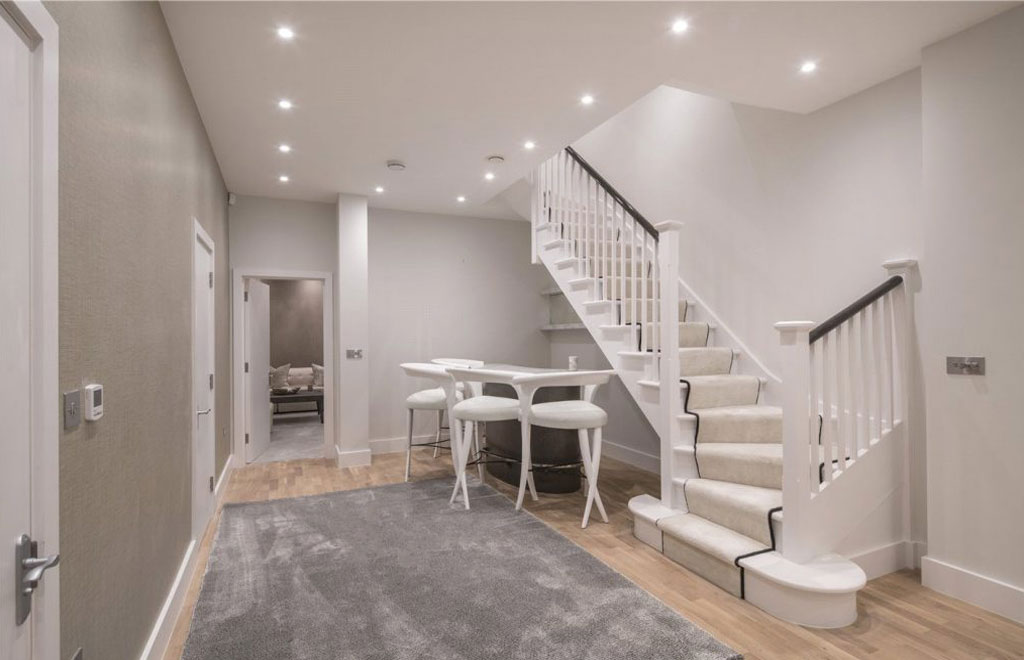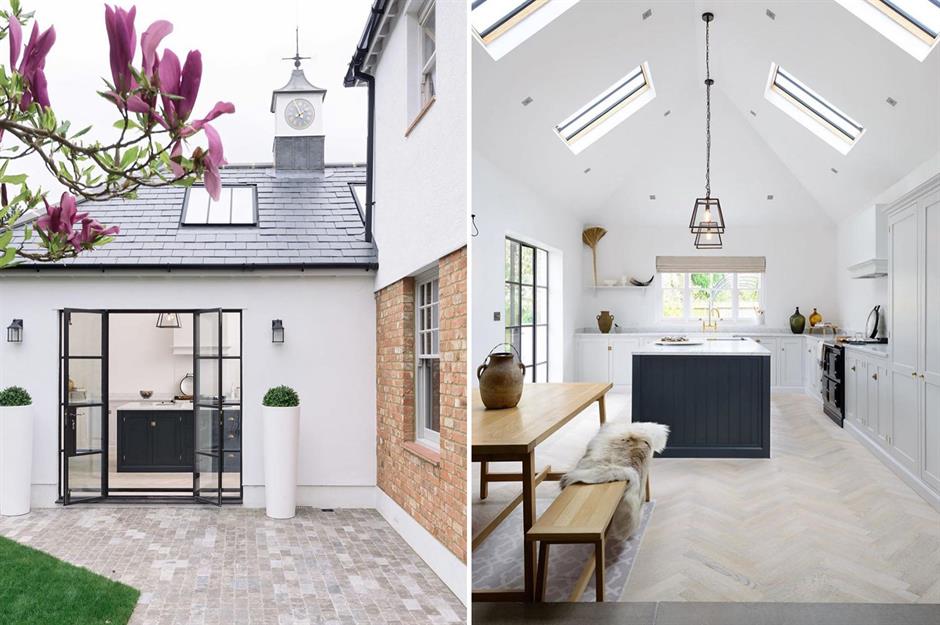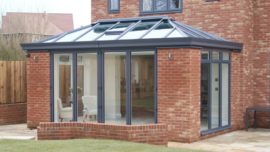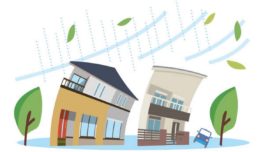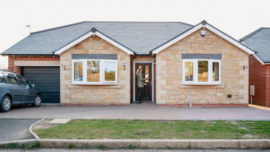Planning A Basement Extension/ Conversion: Here’s What You Should Know
If you are in need of extra space but aren’t in a position to move house or extend outwards or upwards, there is another way. You could consider a basement conversion or an extension.
What is a basement extension?
A basement can be a great way to expand your living space by creating an extra bedroom, lounge, office, or gym. Basements are slowly becoming more popular in the UK. As people look for more space and don’t have the ability to extend wider, longer, or higher.
What is a basement conversion?
A basement conversion is a process of changing the space into an inhabitable room.
There are three ways of building a basement extension:
- Conversion or refurbishment of the existing one
- Adding a basement to an existing property – a good option for when there’s no other way to gain extra space.
- Building a new basement as part of a new house build.
Do basement conversions/ extensions need planning permission?
You should speak to your local planning authority and building control department before you start any work. To make sure you know what permission is required.
If you are converting an existing basement and are not making any changes to the external appearance of the building, you are unlikely to need planning permission. Whereas, if you are creating more room or if you are making changes to the external appearance of the property by adding a light well, then you are likely to need planning permission.
Advantages basements can provide –
In some parts of the UK especially London, where property values are at a premium, many people are turning to conversions and extensions. Another advantage is that you can create a new floor that can be used in different ways.
Some more practical advantages are:
- Sun tunnels – these use mirrors to reflect sky and light above.
- Open up the space – keep the space as open as possible with minimal structures like walls. Consider using glass to enhance the light, for example, a glass staircase.
- Rooms with no light – rooms that work well with no light are perfect for basements, for example, entertainment rooms, storage, utility rooms, etc.
Conversion/ extension disadvantages –
The major disadvantage of starting a project in your basement can be the cost. However, in areas where property values are high, basements can work financially. Another disadvantage is that the construction of an extension or conversion can be complex, messy, and loud.
Cost –
Depending on the type of project you would like to achieve the prices will differ. Converting an existing basement will averagely be around £800 – £1500 per square metre. And if you are lowering the floor level it will cost you between £1400 – £2000 per square metre.
Architects in London were asked how much it would cost to extend a basement. Most varied between £3000 – £4000 per metre square, for mid-range finishes.
